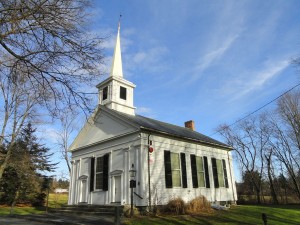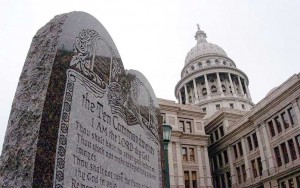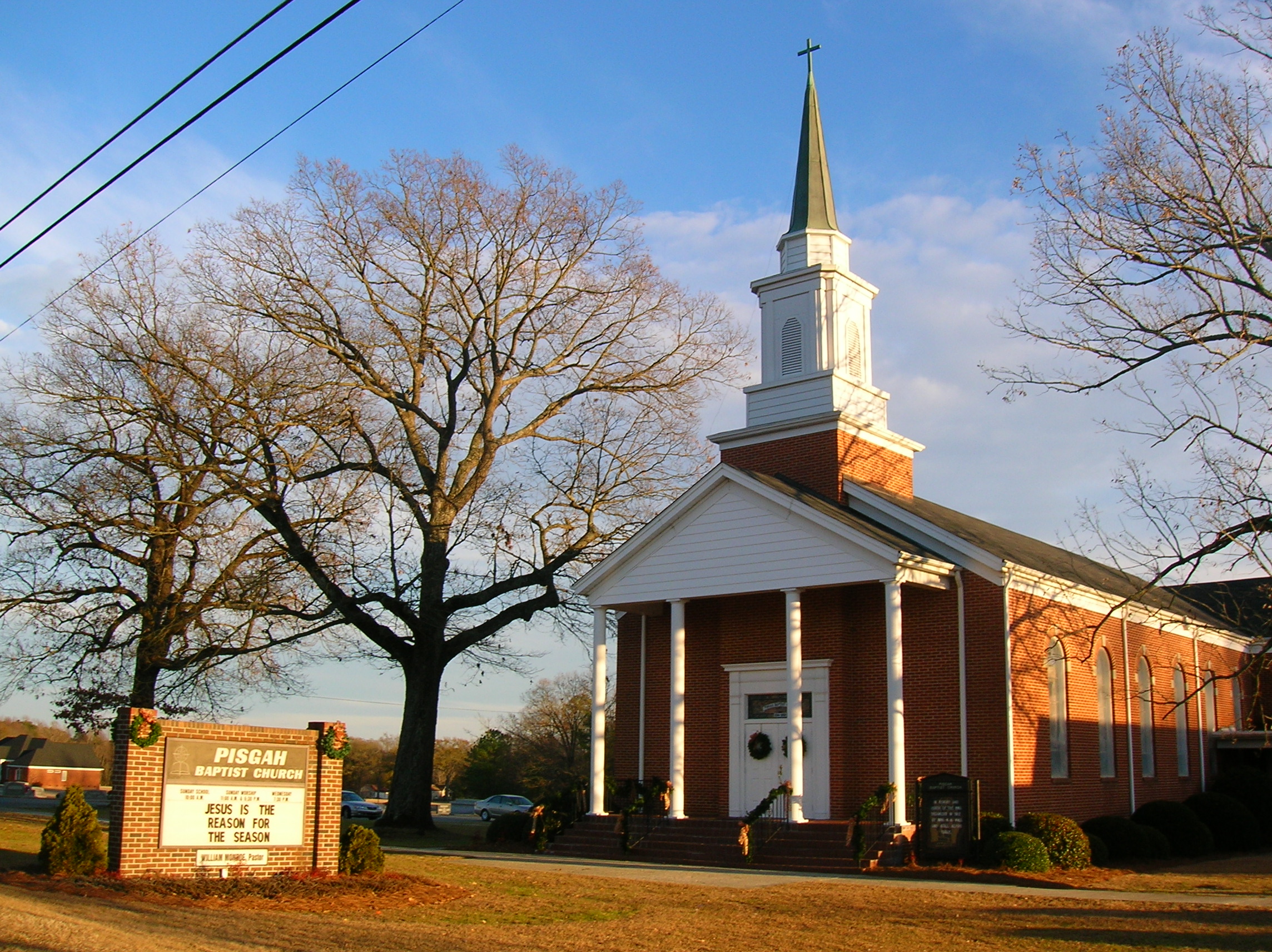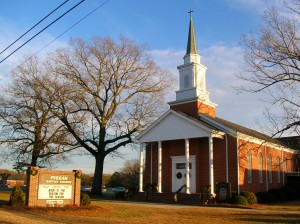Arkansas Supreme Court Issues Good Ruling on Fayetteville Ordinance
 FOR IMMEDIATE RELEASE
FOR IMMEDIATE RELEASE
Thursday, February 23, 2017
On Thursday the Arkansas Supreme Court issued a ruling effectively striking a Fayetteville ordinance granting special protections to people based on sexual orientation and gender identity.
Family Council President Jerry Cox released a statement, saying, “This is a good ruling. Laws about discrimination are best left to the state and federal governments. The City of Fayetteville overstepped when it passed this ordinance. I’m glad the Arkansas Supreme Court understood that and struck the ordinance down.”
Cox criticized the Fayetteville ordinance, saying, “The ordinance granted special protections for people based on sexual orientation and gender identity, but it failed to protect religious Arkansans. Under this ordinance, a minister could have been penalized for declining to solemnize a same-sex marriage, and people of faith who own catering services, florist shops, wedding venues, and so on could have been penalized for declining to participate in or cater to same-sex ceremonies. One of the founding principles of our nation is the free exercise of religion. Fayetteville’s ordinance penalized people for living and operating according to their faith. The Arkansas Supreme Court did the right thing in striking this ordinance.”
###



 Recently
Recently 
 I want to tell you about a bill that has been filed at the Arkansas Legislature dealing with churches and the issues of gender and gender-identity. The bill does not immediately force churches to employ transgender individuals or ordain female ministers, but I am concerned that is what it could lead to in the long run, depending on how our courts interpret the law.
I want to tell you about a bill that has been filed at the Arkansas Legislature dealing with churches and the issues of gender and gender-identity. The bill does not immediately force churches to employ transgender individuals or ordain female ministers, but I am concerned that is what it could lead to in the long run, depending on how our courts interpret the law.